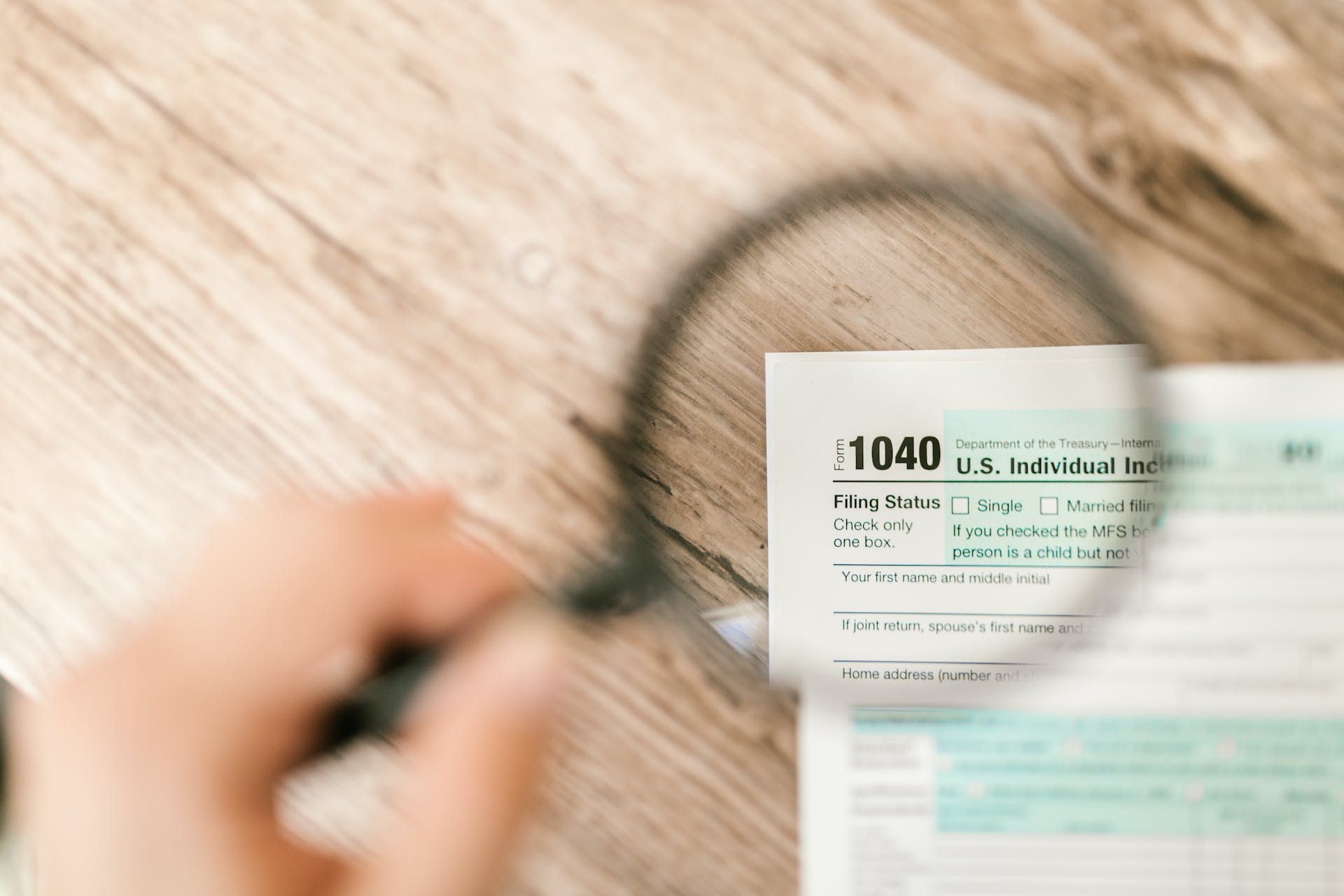714 Clearview Ave,
Pleasantville, NJ 08232
Call Us Anytime!
(609) 742-6325
Self Employed Tax Preparation
Dianna Tax Professional’s Self-Employed Tax Preparation
Self-employment is extremely rewarding and liberating in so many ways. But you need to make sure that you can keep on top of the taxes! Whether you’ve been self-employed for many years, you’ve just started out, or you’re dreaming of your self-employed future, making sure you’re planning for your taxes should be part of your daily routine.
The friendly tax preparation specialist at Dianna Tax Professional has compiled some essential information that you should know about your self employed tax return, so you can have everything you need for your tax preparation process. Contact us now at (609) 742-6325 to get started.
SERVING IN PLEASANTVILLE, GALLOWAY, MAYS LANDING, & THROUGHOUT THE UNITED STATES
Hire the Expert at Dianna Tax Professional for Help With Your Self-Employed Tax Return
In addition to all of the benefits and tax breaks that come with self-employment, self-employed people are also required to pay other taxes on behalf of your business. This includes sales tax, use tax, payroll tax (if you have employees), and federal and state taxes on any business profits.
If you’re unsure of whether you’re properly equipped for your self-employed tax season, need someone to file for you, or you’d like some help from a self-employment tax return specialist, contact your tax specialist today.
Get Help With Your Tax Preparation
The first thing you need to know about your self-employment tax preparation is what kind of business structure you have. The options for self-employed people are sole proprietorships, LLCs, partnerships, S-corporations, and C-corporations. Knowing which you are, or choosing which you will be, is essential to know how exactly to do your taxes.
For sole proprietors, all expenses and income for your business can be declared on your Schedule C form, and you will have to pay Social Security, Medicare, and other self-employment taxes.
For businesses that have at least one business, you’ll need to file as either a partnership or as a corporation. A partnership usually has to pay federal income tax, but will have to file an information return.
C-corporations is its own tax-paying entity, and gets certain deductions that partnerships don’t get. The corporation is taxed on the recipient’s tax return, and at the corporate level.
S-corporations are more like partnerships, because the income flows through your personal tax return.
You should also get a tax ID number, and keep good records of your expenses.
Get Help Navigating and Obtaining Self-Employment Tax Credits
One of the many self-employed tax deductions available includes the home office tax deduction, where you can file for a tax deduction if you have a desk or other space in your home that is only for your business matters. You can also qualify for benefits to cover automobile expenses and you can also write off reference materials, office and other business supplies, and travel expenses.
If You Need Help With Your Self-Employed Tax Return Then Contact the Tax Planner You Can Trust Now
Don’t let your self-employment tax deductions confuse you, call your professional planner today.
Business Hours
- Mon - Fri
- -
- Sat - Sun
- Closed
Methods of Payment






Dianna Tax Professional


